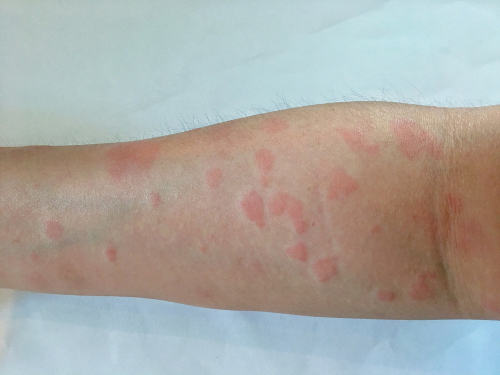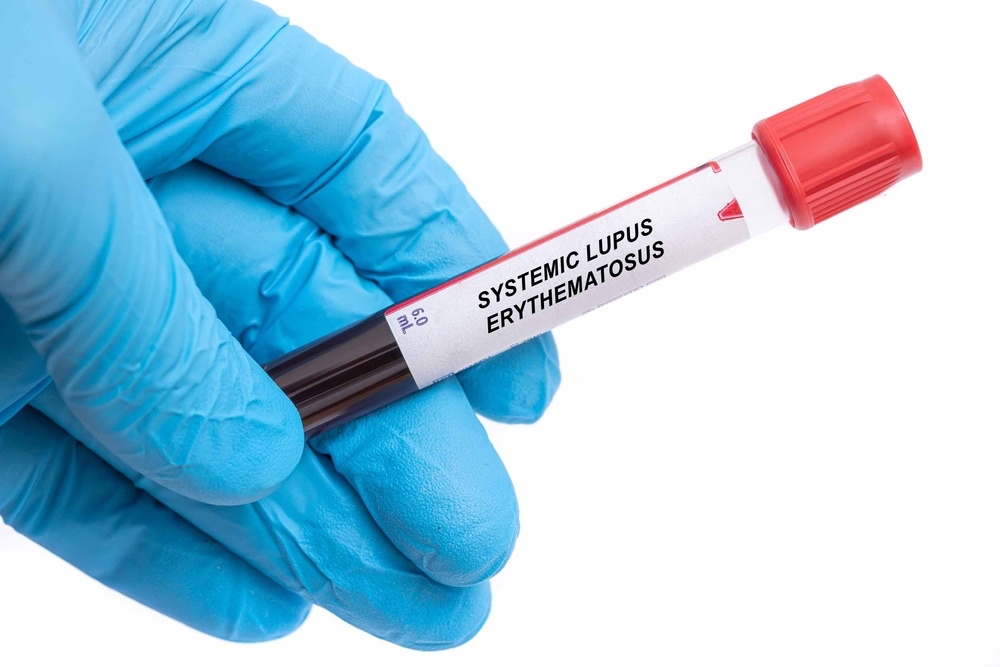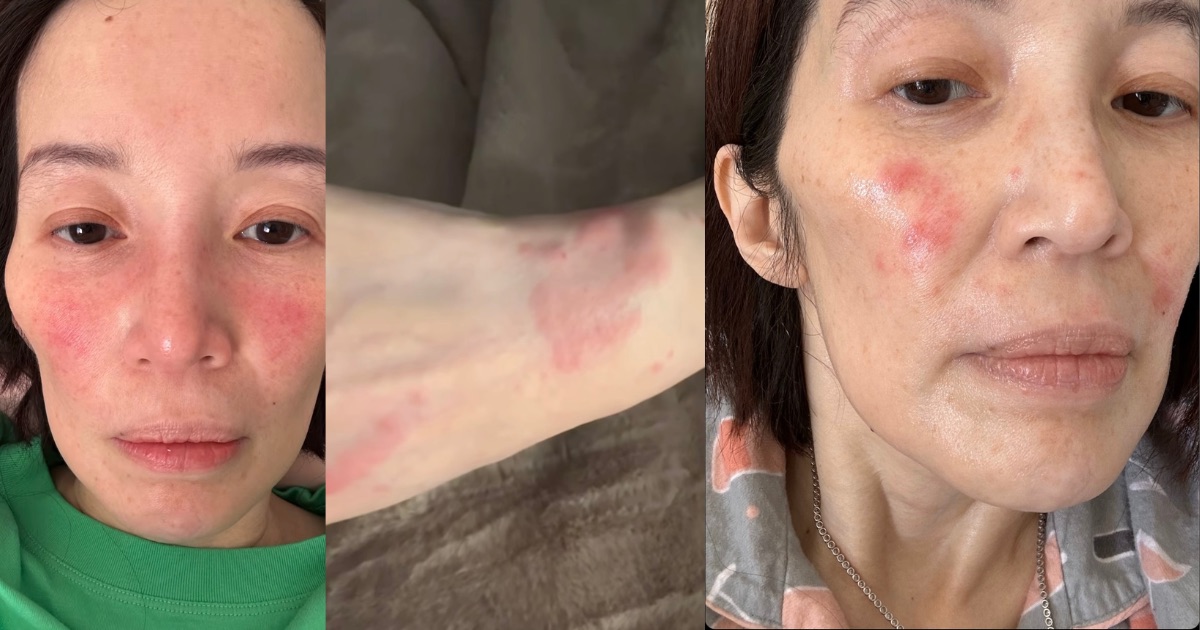Lupus and its symptoms
Systemic lupus erythematosus or lupus is "a chronic autoimmune disease that can affect virtually any organ of the body," rheumatologist Brigitte Yu-Lao told PhilSTAR L!fe.
"In normal condition, the body's immune system kills germs and bad cells that could turn into cancer. But when a person has an autoimmune disease, instead of killing only bad cells, the immune system starts to attack healthy cells," she explained. "It can happen in certain parts of the body in people who get lupus and causes symptoms."
According to Yu-Lao, its symptoms are "mild in some people and life-threatening in others." These include rashes, kidney problems, anemia, mouth sores, muscle and joint pain, hair loss, blood clotting, and fatigue, among others. "Patients present with variable clinical features ranging from mild joint and skin involvement to life-threatening kidney, hematologic, or central nervous system involvement," she said.

"People with lupus often have disease flares, in which symptoms worsen, followed by periods of remission, in which symptoms improve. The frequency of these flares varies from person to person," the doctor noted.
The rheumatology expert added that those with lupus usually start developing signs in young adulthood, but it can happen at any age.
"The cause of lupus is not well-understood. There is likely to be a genetic component—meaning, a person's risk is higher if they have family members with the disease—but environmental factors are thought to play a role as well," said Yu-Lao.
How can lupus be managed?
While there is no cure for lupus, Yu-Lao noted there's a variety of treatments for it, including widely available medications like NSAIDs, steroids, hydroxychloroquines, and other immunosuppressive therapy.
She, however, emphasized that they are only available to "relieve symptoms, reduce inflammation, limit damage to vital organs, and reduce the risk of recurrence."

According to Yu-Lao, there are things that can be done to help manage lupus such as following a well-balanced diet, working out, avoiding smoking, and protecting oneself from the sun as "ultraviolet light can cause or worsen lupus symptoms."
She also stressed the importance of seeing a rheumatologist on a regular basis. "This way, they can tell how active your disease is and whether you need any changes to your treatment plan. The frequency of these visits will depend on the frequency and severity of your current and past symptoms," she continued.



